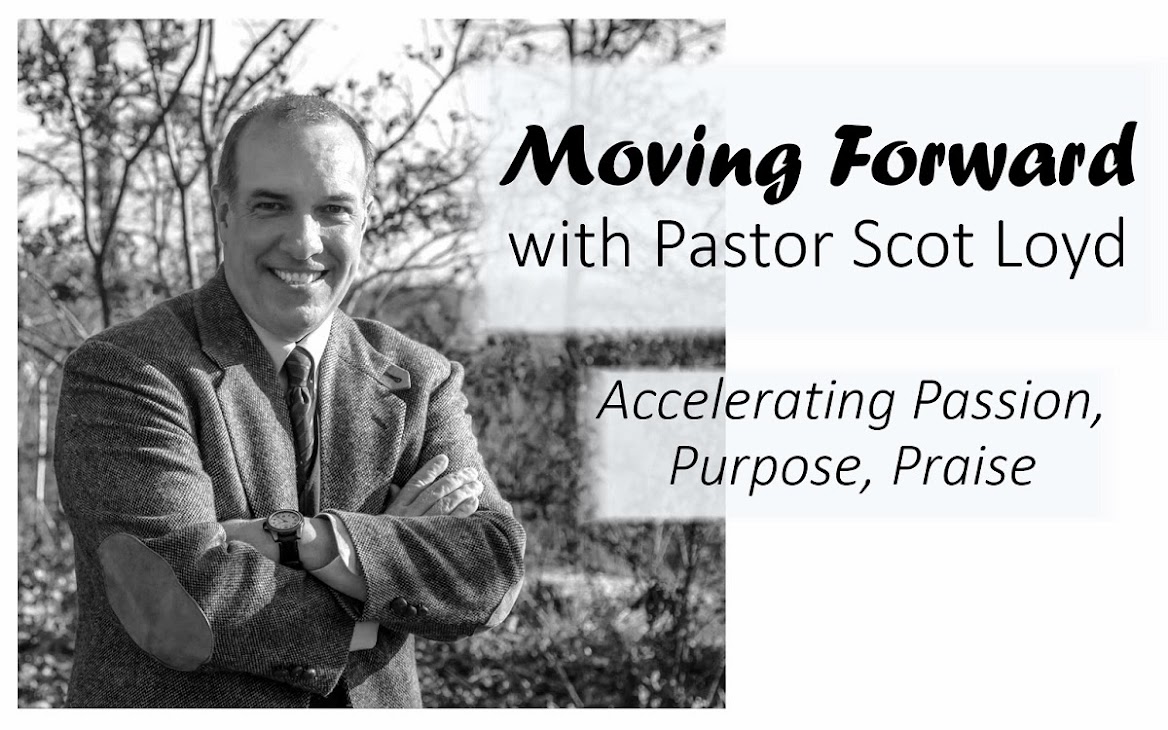The idea of “Separate but Equal”
was once used as a tool to enforce policies of prejudice in the American South.
The idea that someone should go to a different institution based upon skin
color as a matter of public policy has thankfully gone the way of the dinosaur.
Unfortunately this philosophy is still voluntarily practiced in too many of our
churches. Christians need to understand that churches should not be segregated
because most assuredly there will not be a segregated Heaven.
The Apostle John describes the
diversity he beheld in that world to come in Revelation 7:9: “After this I looked and there before
me was a great multitude that no one could count, from every nation, tribe, and
language, standing before the throne and in front of the Lamb.” It is clear
that diversity will be the norm in the New Jerusalem. The writer of the book of Hebrews
said in 12:28: “Therefore, since
we are receiving a kingdom that cannot be shaken, let us be thankful, and so
worship God acceptably with reverence and awe.” The key word in this passage is
“receiving.” It is God’s intention that we receive the kingdom. Something that
is received is not earned or created, and that is an important distinction.
As the passage points out, when we
understand that the Kingdom has been received, the appropriate response is
thankfulness. Unfortunately, many today are involved in Kingdom building rather
than Kingdom receiving. Kingdom building ends in pride whereas Kingdom
receiving ends in worship. It is important then to understand what the Kingdom
of God looks like. What does it look like at your church? In the book “Vintage
Church,” Mark Driscoll and Gerry Breshears define the local church as “…a
community of regenerated believers who confess Jesus Christ as Lord. In
obedience to Scripture they organize under qualified leadership, gather
regularly for preaching and worship, observe the biblical sacraments of Baptism
and Communion, are unified by the Spirit, are disciplined for holiness, and
scatter to fulfill the Great Commandment and Great Commission as missionaries
to the world for God’s glory and their joy.” The first word of this definition
is of particular significance. Community. Are we experiencing the Kingdom of
God in community?
It has been my experience that many
churches are built around the ideas of affinity rather than received in the
context of community. The difference in affinity and community is this -
community encompasses the ideas of diversity, while affinity is all about
uniformity. Churches built on uniformity tend to have members who all look
alike, dress alike, think alike, and generally share the same interest and
values. The common denominator is what they like. These types of organizations
are often cults of personality and preference. And as many have observed, you
can never really know if you are in a cult until the last day, then its too
late!
However, churches that have
received the Kingdom value diversity in community. Not everyone shares the same
interest, not everyone looks or dresses alike, nor should they. It is not about them, but rather, it is
all about Christ. The Body of Christ is not identified by its uniformity but by
its unity around the person and work of Jesus Christ. This has been modeled for us from
the beginnings of the New Testament Church. When Jesus selected his disciples,
as recorded in Matthew 10, Mark 3, and Luke 6, He selected men of diversity to
come together in community. Consider that eleven of them were from the country,
one from the city, some owned businesses and lived lives of quiet anonymity,
others like James and John seemed to be somewhat well-connected to the
religious establishment of the day. In the group was Matthew a tax collector,
employed by the Roman Government, and Simon who was a Zealot, who openly
opposed the Roman Government and sought its overthrow. These men were chosen by
Christ to work together. Likewise we have been chosen by Christ to work
together to advance the Kingdom we have received.
And certainly it must be stated
that in our striving for diversity we never compromise the Gospel. We should
never redefine the Gospel or what it means to be a Christian to gain a wider
audience or more diverse crowd. When the consistent message of the Gospel is
proclaimed, it is God who gives the increase. But it is God who does the
choosing and not you or I. We are not building our own Kingdom, but we are
receiving the Kingdom that He has given to us.
The Church is set apart to
represent God’s Kingdom on this earth. If we are content to segregate ourselves
in conclaves of our own affinities, we miss God’s purpose and intention for our
lives. He calls us to live in community with one another, unified around His
Word and work and not according to our preferences or prejudices. If everyone
at your Church is just like you, then perhaps you should step up and reach out
to those unlike you, and by doing so extend the Kingdom of God into uncharted
territories. A Kingdom that we are blessed to receive and share.







